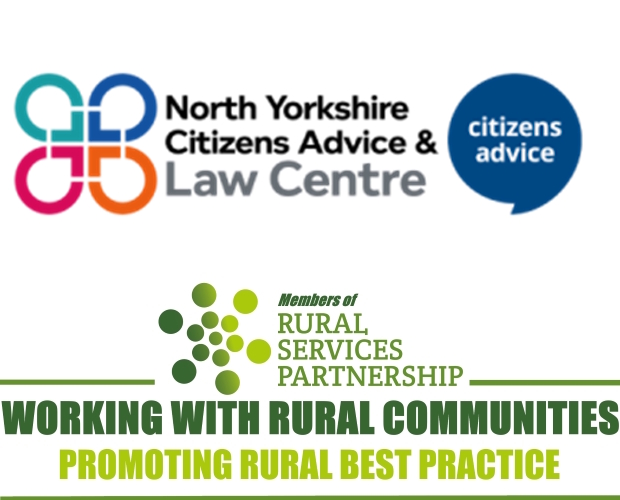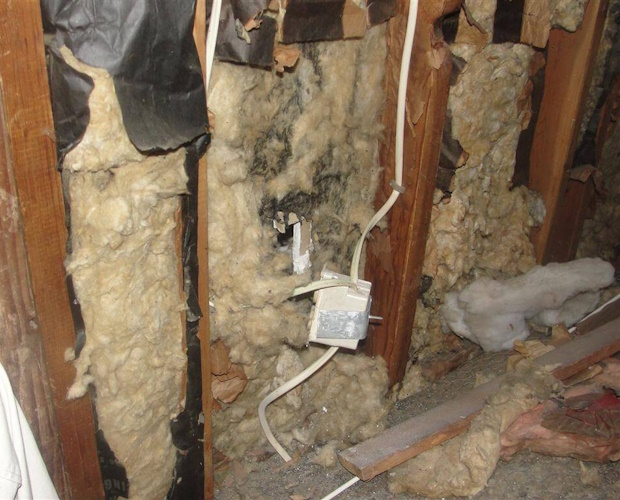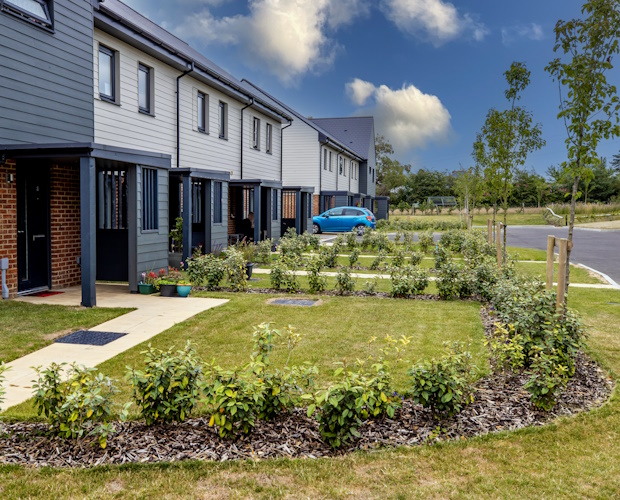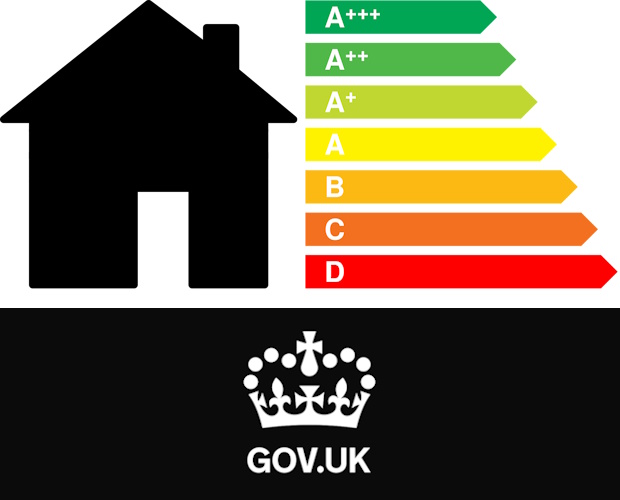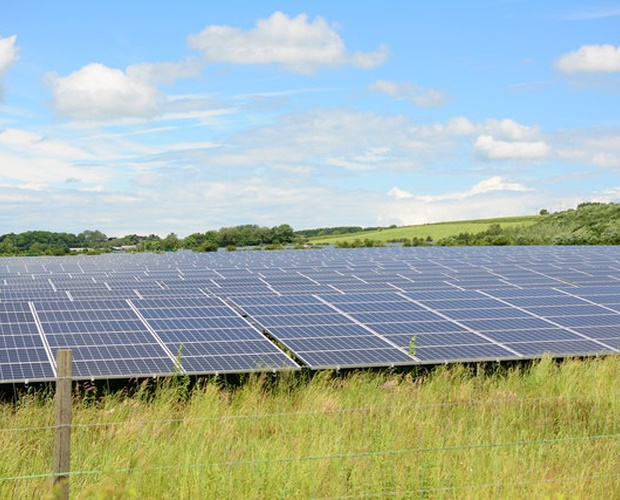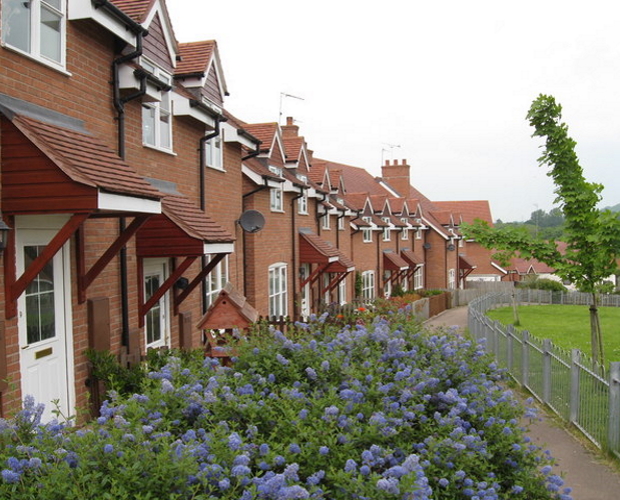T: 01822 851370 E: [email protected]
RSN Voices Serious Concerns Over ‘Fairness’ Of Settlement
Read here...
DEFRA’s latest Statistical Digest of Rural England (May 2025) shines a spotlight on the ongoing issue of fuel poverty in rural areas, revealing the tough reality faced by many rural households. ...
85% of North Yorkshire is classified as a super sparse rural area, encompassing two National Parks. Many properties in these remote locations consist of older housing stock, presenting challenges in energy efficiency and contributing to fuel poverty. Energy affordability continues...
Rural Services Network Chief Executive Kerry Booth was delighted to be invited to speak at the Chartered Institute of Housing Conference South West last week. A busy two days of sessions meant that there were plenty of key points from...
Community-owned businesses are growing in number and remain a robust, sustainable model, according to research published this week by Plunkett UK. According to Plunkett’s Community Ownership: A Better form of Business report the sector saw its biggest single year of...
The Great British Housing Insulation Scheme, launched in March last year, aimed to reduce energy costs and improve energy efficiency in homes across England, Scotland, and Wales. Given the significant energy bills in rural areas, this scheme promised a much-needed...
The National Housing Federation (NHF) has recently launched an ambitious report, "Let's Fix the Housing Crisis," aimed at addressing England's growing housing challenges. This report is part of their long-term plan for housing and emphasises the urgent need for collaborative...
DCMS have launched a £25m energy efficiency scheme for voluntary and community sector organisations. More information via DCMS below: The £25.5m VCSE Energy Efficiency Scheme is now open to help voluntary, community, and social enterprise (VCSE) organisations in England improve...
The Government aims to phase out off-grid fossil fuel heating from 2026 as part of its drive to be net-zero by 2050. As part of Net-Zero week, many of the key players in this sector have put forward their arguments...
New figures from the Department for Levelling Up Housing & Communities show that rented properties in rural areas are in a worst state than those in urban areas. Of all rural rented properties, 21.2% were deemed to be non-decent, that’s...
It was announced last week that grant funding provided through the Government’s Affordable Homes Programme 2021-26, can now be used to fund replacement homes, alongside new affordable homes, as part of wider estate regeneration plans. The aim of the changes...
NEWSLETTER
Sign up to receive all our latest news and updates.
HOT TOPICS
Amid reduced public spending, fair resource allocation across regions is crucial. Despite a population larger than Greater London, rural areas receive significantly less funding for essential services, even though delivering these services in rural areas is more expensive.
Economic growth is widely acknowledged as essential for national wealth and prosperity and is a priority for political parties. Rural economies, employing millions and home to a higher proportion of small businesses, have potential for growth if barriers are removed.
Rural residents face distinct healthcare challenges, including limited access to transport, longer distances to medical facilities, an aging demographic, housing inadequacies, digital connectivity gaps, and difficulties recruiting health and care workers.
Rural communities are grappling with a severe affordable housing crisis, marked by high house prices, a lack of affordable housing, elevated living costs, and lower incomes, threatening their sustainability and vitality.
Transport is vital for the quality of life and economic health of rural areas, yet it faces challenges such as infrequent public bus services and less Government funding compared to urban regions.
Rural areas, encompassing a substantial portion of England's population and land, play a pivotal role in combating climate change and achieving the net zero target.
In an increasingly digital world, the lack of robust digital infrastructure in rural areas severely limits access to crucial services and stifles economic growth.
A future-focused vision for rural communities involves not just building the right homes in the right places but also ensuring thriving, sustainable communities.
SIGN UP TO OUR NEWSLETTER
Sign up to our newsletter to receive all the latest news and updates.


